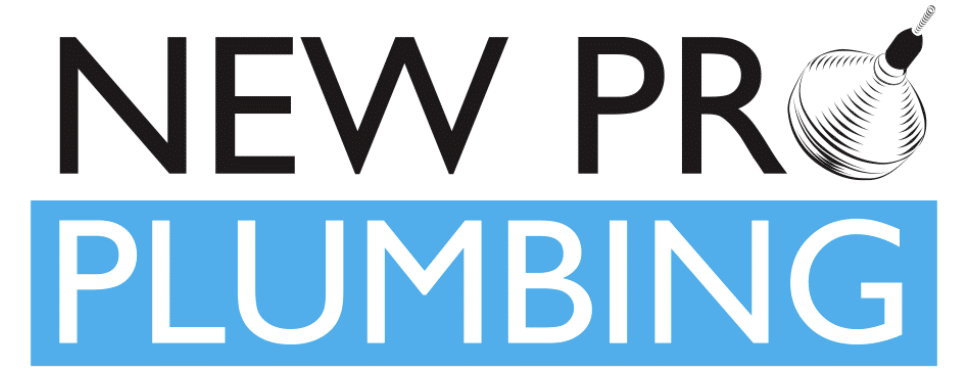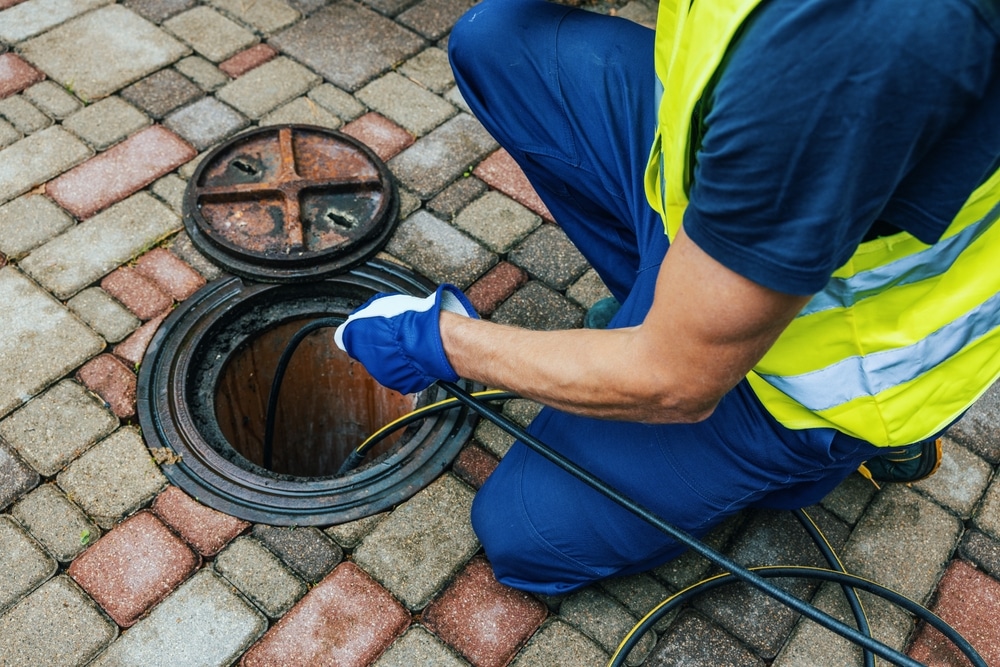As a homeowner in Los Angeles, you might encounter plumbing problems, especially with your sewer lines. Sewer lines play a crucial role in your plumbing system by carrying wastewater from your home to the main sewer line or septic tank. Over time, sewer lines can get damaged or clogged, resulting in problems such as backed-up drains, unpleasant odors, and sewage leaks. If you’re experiencing sewer line issues, you might wonder whether to repair or replace the sewer line. In this article, we’ll discuss the differences between sewer line repair and replacement and guide you in choosing the best option for your needs.
Understanding Sewer Line Issues
Before we dive into the differences between sewer line repair and replacement, it’s essential to understand the various problems that can affect your sewer line. Some of the common sewer line issues include:
Clogged Sewer Line
A clogged sewer line can occur due to various reasons such as debris buildup, tree roots, or flushing non-degradable items down the drain. A clogged sewer line can cause slow drains, water backups, and unpleasant odors.
Leaking Sewer Line
A leaking sewer line can occur due to factors such as cracks, corrosion, or shifting soil. A leaking sewer line can cause water damage, unpleasant odors, and even health hazards.
Broken Sewer Line
A broken sewer line can occur due to various reasons such as corrosion, shifting soil, or tree roots. A broken sewer line can cause sewage leaks, water damage, and health hazards.
Sewer Line Repair vs. Replacement
Now that you know the various sewer line problems, let’s discuss the differences between sewer line repair and replacement.
Sewer Line Repair
Sewer line repair involves fixing specific sections of your sewer line that are damaged or clogged. Sewer line repair is typically recommended for minor issues such as small cracks, localized clogs, or joint damages. The following are some of the sewer line repair methods:
- Hydro Jetting: This method involves using high-pressure water to clear out debris and clogs from your sewer line.
- Pipe Relining: This method involves creating a new pipe within the old damaged pipe, thus avoiding the need to dig up and replace the entire sewer line.
- Pipe Bursting: This method involves breaking the old damaged pipe and inserting a new one in its place.
Sewer line repair has several advantages such as:
- Cost-effective: Sewer line repair is generally less expensive than replacement since it only involves fixing specific areas.
- Faster: Sewer line repair is typically quicker than replacement, taking only a few hours to complete.
- Less disruptive: Sewer line repair is less disruptive since it only involves digging up specific areas.
Sewer Line Replacement
Sewer line replacement involves replacing the entire sewer line, including the damaged sections, with a new one. Sewer line replacement is typically recommended for severe issues such as extensive damage, collapsed pipes, or root intrusion. Sewer line replacement involves digging up the entire sewer line and replacing it with a new one. Sewer line replacement has several advantages such as:
- Long-lasting: Sewer line replacement provides a new and long-lasting solution to your plumbing problems.
- More reliable: Since the entire sewer line is replaced, there are no risks of future issues.
- Increases home value: Sewer line replacement increases the value of your home since it provides a long-lasting plumbing solution.
However, sewer line replacement also has some disadvantages such as:
- Expensive: Sewer line replacement is generally more expensive than repair since it involves replacing the entire line.
How to Determine if You Need Sewer Line Repair or Replacement
Now that you know the differences between sewer line repair and replacement, you might be wondering how to determine which option is suitable for your needs. Here are some factors to consider:
Age of Your Sewer Line
The age of your sewer line is a critical factor to consider when deciding whether to repair or replace it. If your sewer line is more than 50 years old, it might be time to replace it. Old sewer lines are more susceptible to damages and clogs, making them more prone to issues.
Extent of Damage
The extent of damage to your sewer line is another factor to consider. If the damage is localized, such as a small crack or a clogged section, sewer line repair might be a viable option. However, if the damage is extensive, such as collapsed pipes or root intrusion, sewer line replacement might be the only solution.
Cost
Cost is a significant factor to consider when deciding between sewer line repair and replacement. While repair is generally less expensive than replacement, it might not be the best long-term solution. On the other hand, sewer line replacement might be more expensive upfront, but it provides a long-lasting solution, thus saving you money in the long run.
Future Plans
Your future plans are also a crucial factor to consider when deciding whether to repair or replace your sewer line. If you plan on selling your home in the future, sewer line replacement might be a wise investment since it increases your home value. On the other hand, if you plan on staying in your home for a few more years, sewer line repair might be a viable option.
Conclusion
In conclusion, sewer line issues can be frustrating and pose a significant health hazard if not addressed promptly. Deciding between sewer line repair and replacement can be challenging, but considering the factors we’ve discussed can help you make an informed decision. If you’re experiencing sewer line issues, it’s crucial to seek professional advice to determine the best course of action. Remember, delaying repairs or replacement can lead to more severe issues and costly repairs.
FAQs
- What are the signs of sewer line issues?
Signs of sewer line issues include slow drains, unpleasant odors, water backups, and sewage leaks.
- Can I repair my sewer line myself?
No, it’s not advisable to repair your sewer line yourself since it requires specialized tools and expertise. It’s best to seek professional help.
- How much does sewer line repair or replacement cost?
The cost of sewer line repair or replacement varies depending on several factors such as the extent of damage, location, and labor costs.
- How long does sewer line repair or replacement take?
Sewer line repair can take a few hours to complete, while sewer line replacement can take several days, depending on the extent of the damage.
- Can sewer line replacement increase my home value?
Yes, sewer line replacement can increase your home value since it provides a long-lasting plumbing solution.
















